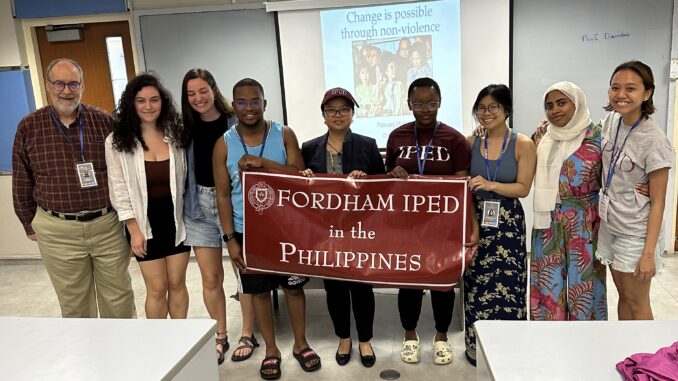
By Genevieve Connell
In January 2024, my classmates and I embarked on a two week program to evaluate and assess two environmental-based projects with a local non-profit organization called Tulungan sa Kabuhayan ng Calawis, Inc. (TSKC) in Calawis, Antipolo of Rizal Province, Philippines. The organization is made of mostly women community members and their families whose primary occupation is in vegetable agriculture. My team worked on the business and enterprise development project, which consisted of ginger turmeric tea production and sales. The project is meant to help community organization members not only develop their entrepreneurial skills but also provides a means of generating additional income to their primary income source.
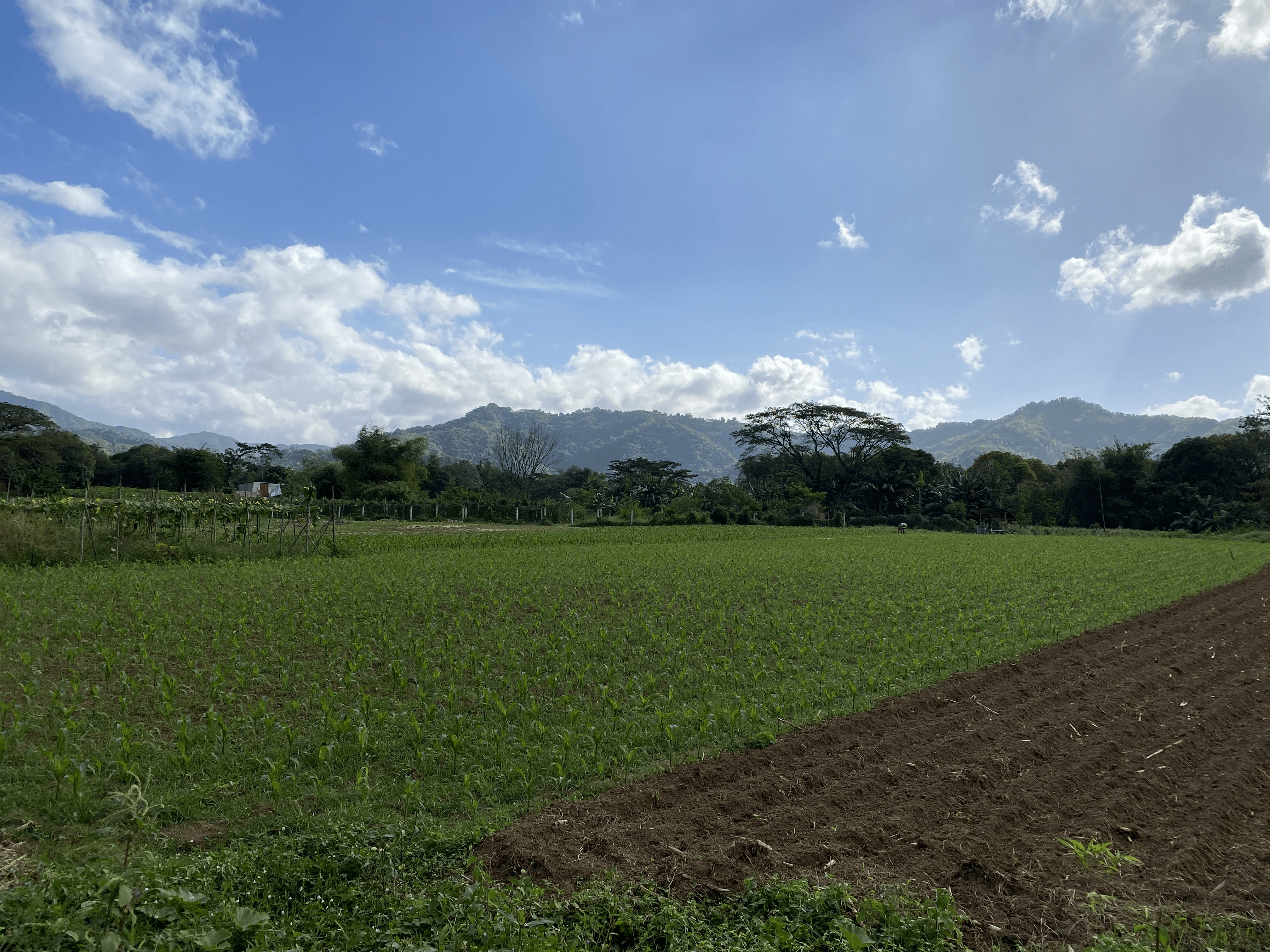
It was one of the greatest and most humble privileges to be able to live, work, and build relationships with our host families there (who were organization members). From pulling fresh ginger root out of the dirt to packaging the powdered ginger and turmeric mixture, we participated in the entire production process of this livelihood and got to immerse in the daily lived reality of a small rural farming community.
I learned a lot about the simple and yet vibrant ways in which people live their lives around the world and found that while their lifestyles differ greatly from our own, people are people, living with their daily challenges, hopes, fears, and aspirations. On another note, this was the first time I had experienced going to a developing country and it gave me perspective not only on the economic, political, and sociocultural context in the Philippines, but on the larger challenges of development for many countries that are similar. As the world continues to shift and transform in the geopolitical sense with countries in Africa and Asia becoming the new up and coming actors to the table, this experience helped me understand a little bit better how international coordination on development work, monitoring and evaluation systems, and active onsite participation in local projects may not have the largest impacts on the larger social ills that are poverty, hunger, war, and conflict, but they can indeed have meaningful impacts on individual lives and relationships.
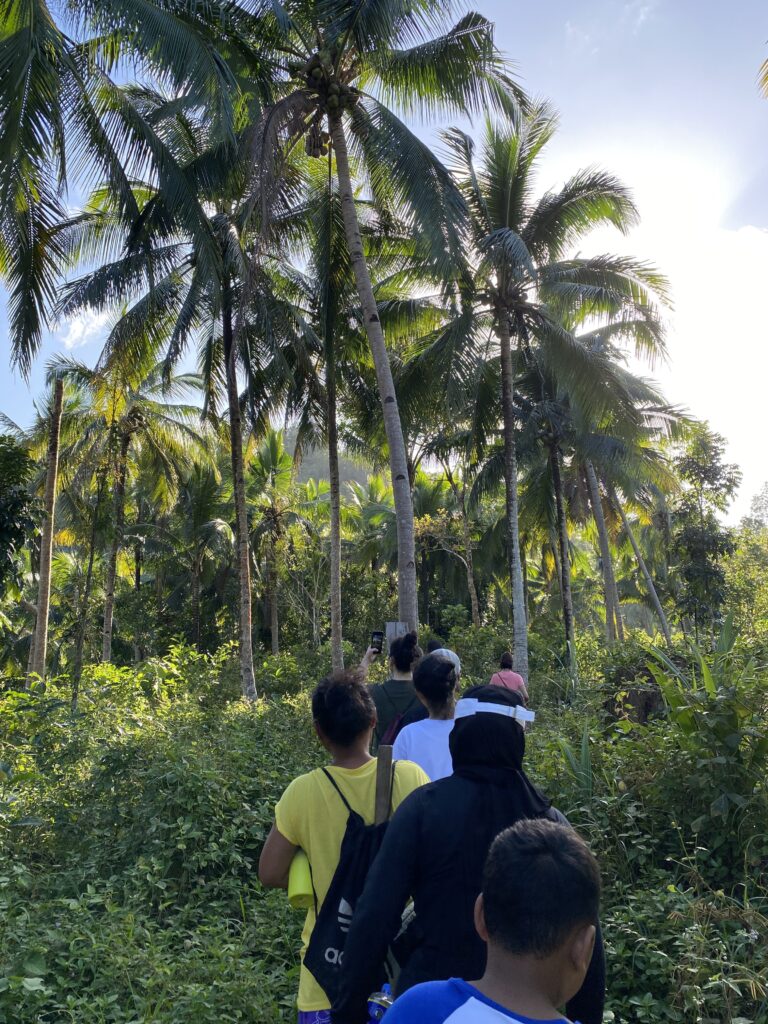
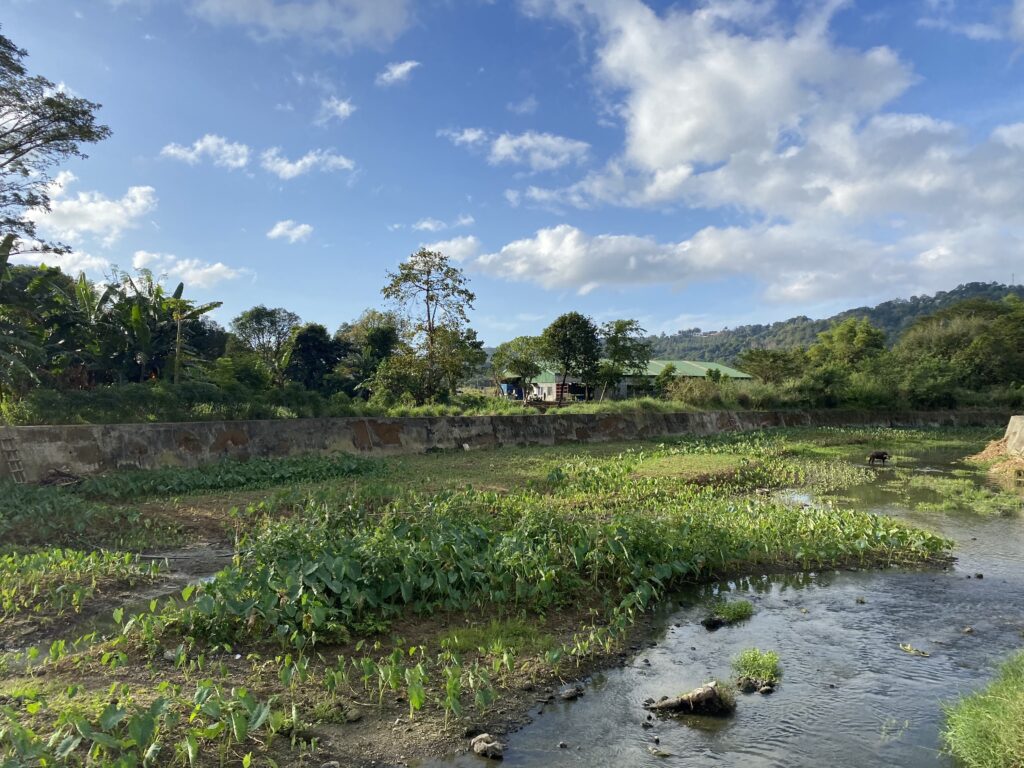
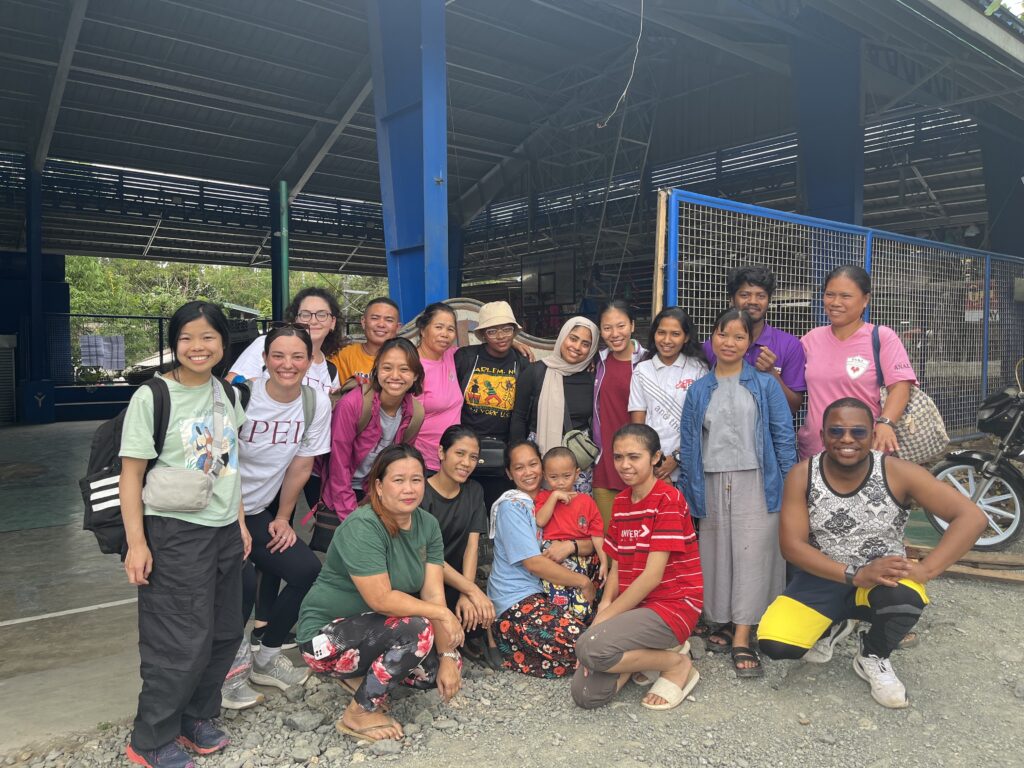
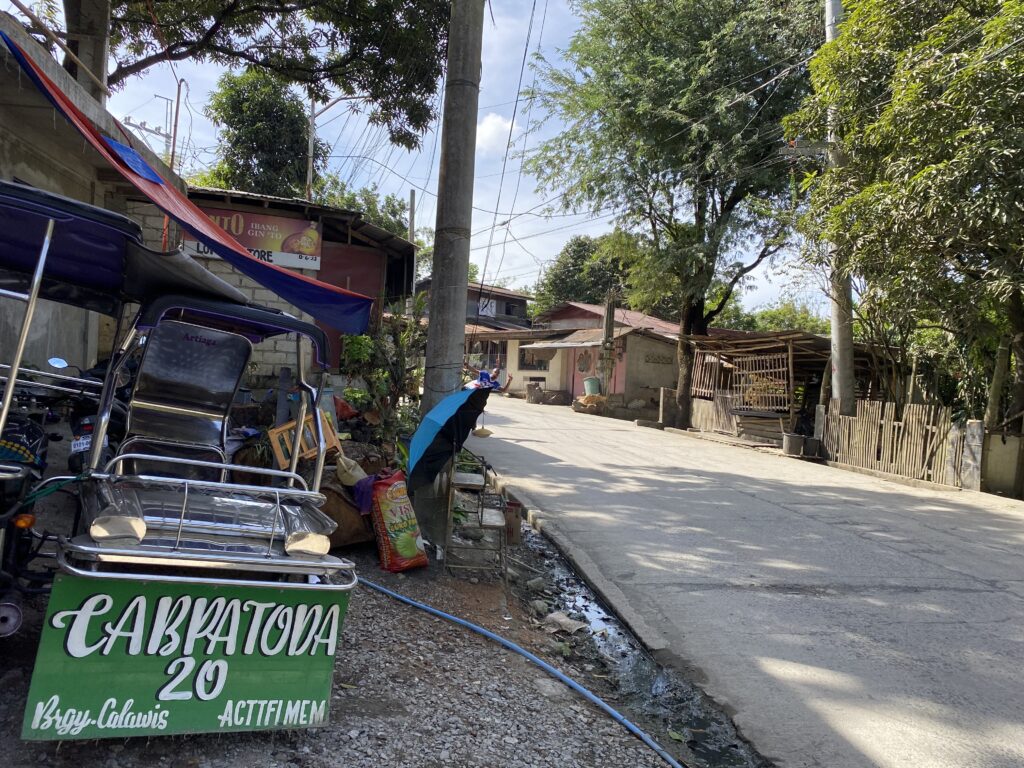
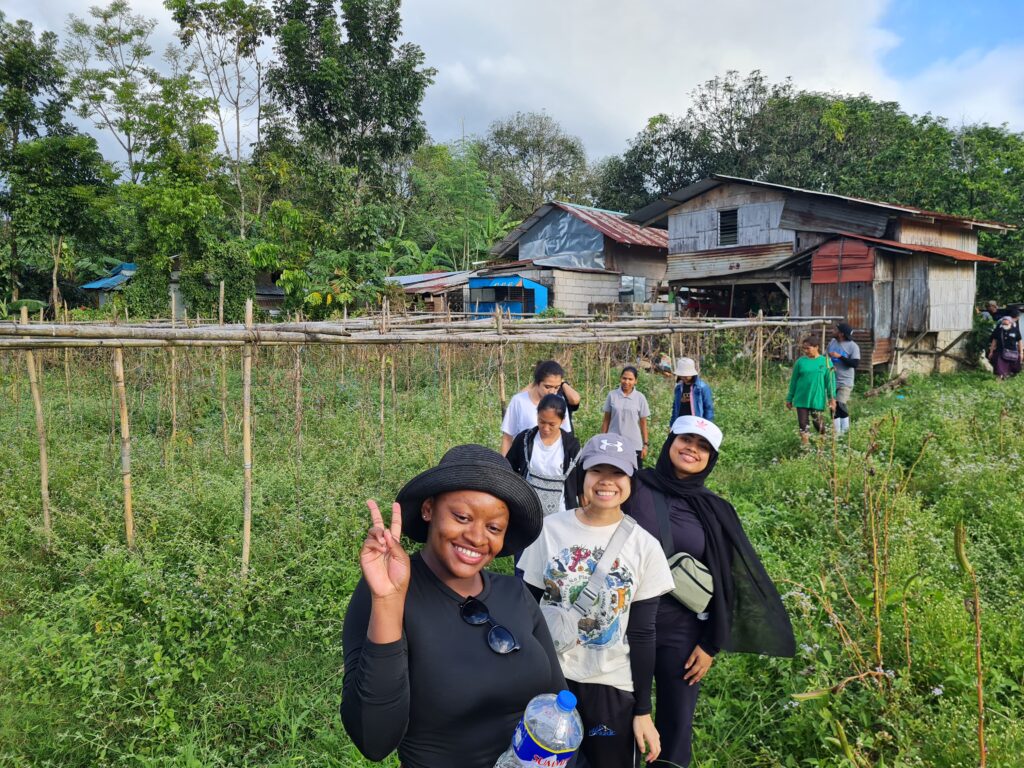
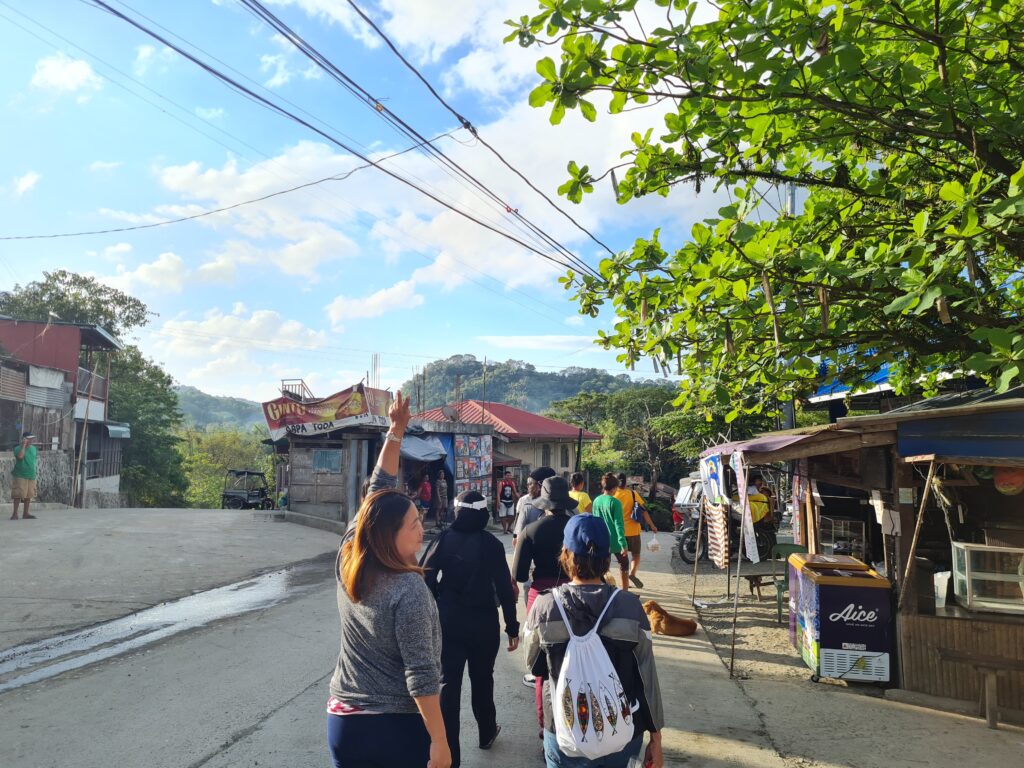
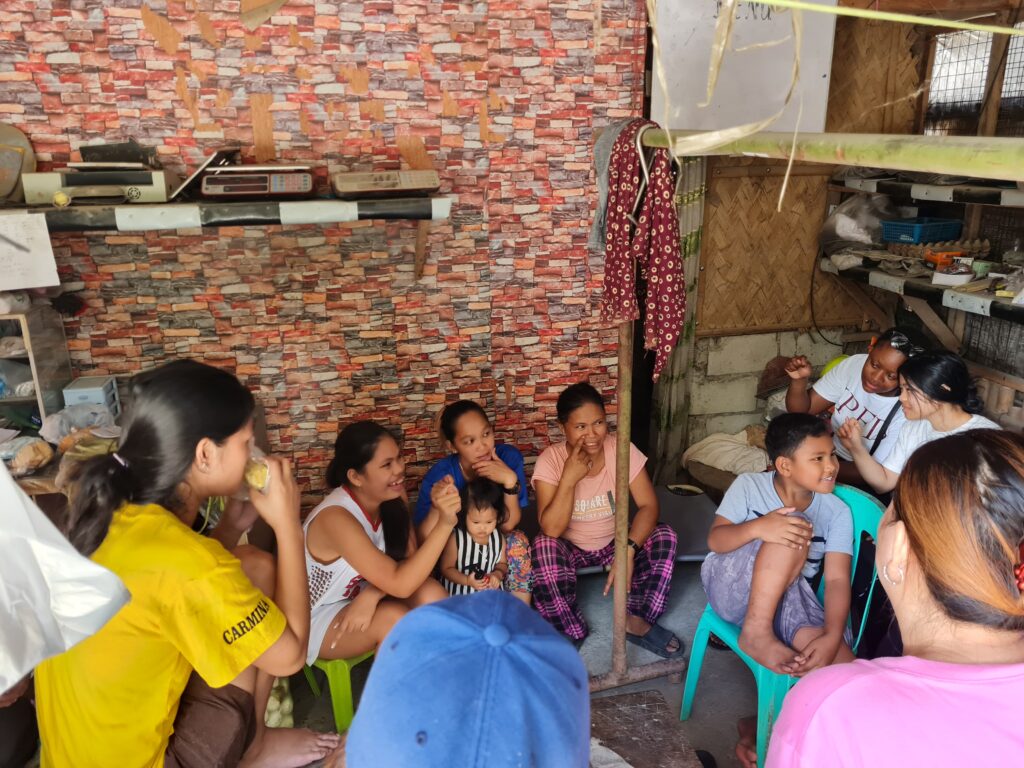
Unleashing Potential, Igniting Passions. View IPED students’ profiles.
Learn more about Fordham University’s IPED Program.
